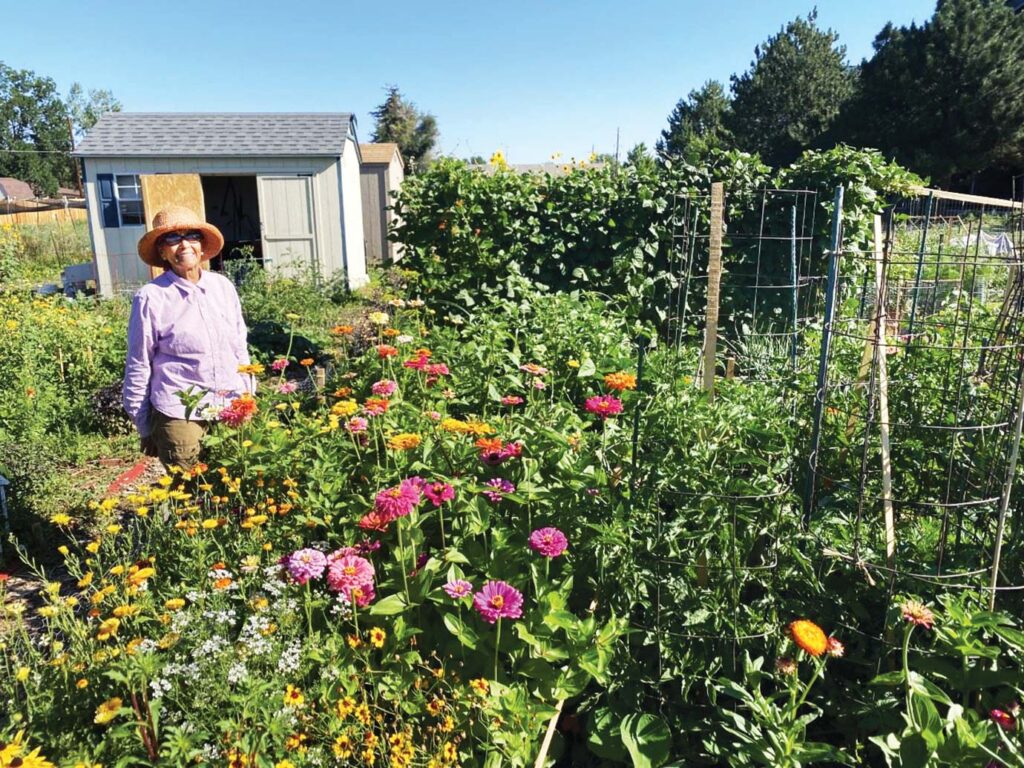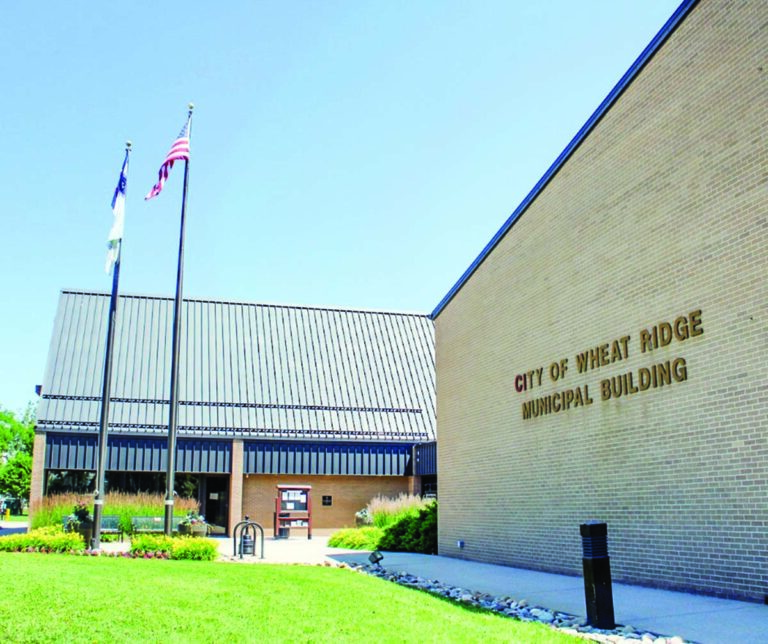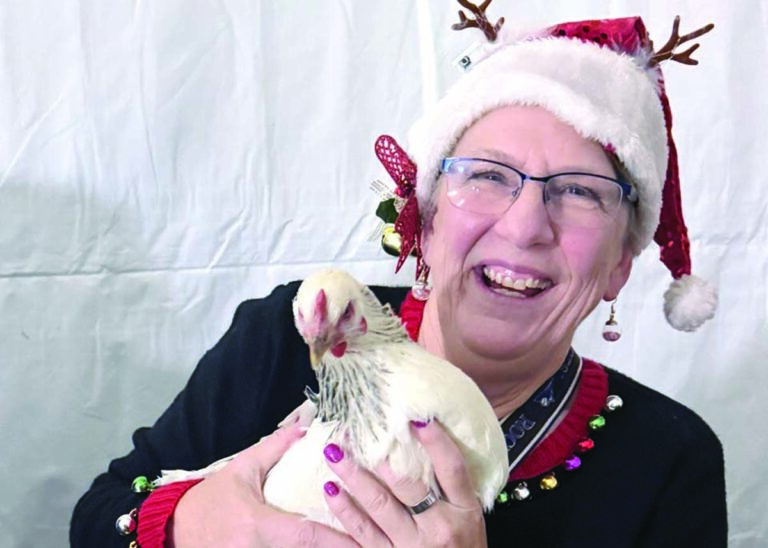A partnership between the City of Wheat Ridge and an Indigenous food project has dissolved after two growing seasons, with both parties sharing conflicting accounts of what went wrong at Happiness Community Gardens.
Narissa Ribera, founder of Ch’il Indigenous Foods and a member of the Navajo Nation, says the City of Wheat Ridge failed to follow through on a verbal agreement that would have allowed her to grow traditional Indigenous foods and teach ancestral farming practices at the 4226 Ammons St. location for the next five years. The city says no formal agreement was ever in place and that the dispute stemmed from miscommunication and a failure to follow established rules.
According to city Communications Manager Amanda Harrison, Ch’il Indigenous Foods was provided a garden plot, free of charge, in exchange for partnering with the city on educational programming. The city was developing a five-year plan to guide the partnership, though Harrison emphasized that a formal agreement was not yet drafted.
The partnership began to fracture earlier this year when, according to the city, Ch’il Indigenous Foods ceased communication with Wheat Ridge officials. Ribera describes a deteriorating relationship with the garden coordinator, Krystyn Dennis. “[Dennis] began to assert control over decisions that were not hers to make,” Ribera said in a video posted to Instagram. “She responded with hostility and verbal abuse when I voiced a boundary or opinion she disagreed with.”
“She weaponized land access as punishment,” Ribera added. “She knew threatening my project would cause me intense pain, and she wanted to inflict harm upon me and assert her dominancy.” She also says Dennis required a city employee to be present at all volunteer events, stating that Ribera wasn’t collecting proper waivers.
The City of Wheat Ridge maintains that all gardeners are expected to follow established policies and procedures, including coordinating volunteer events through staff and completing required waivers. These rules, Harrison says, “apply equally to everyone and are essential to maintaining a safe and welcoming environment for all.”
“Although a formal agreement was not yet drafted,” Harrison adds, “there was still a verbal expectation expressed that the business would work with the city and follow city standard operating procedure.”
The situation reached a critical point when Ribera met with city officials. According to Ribera, the officials made the contract conditional on her having “a successful meeting” with Dennis. “It wasn’t just unprofessional, it was unethical,” Ribera said in another social media post. “It reestablished the power imbalance and forced me into an impossible position.”
Ribera then chose to discontinue her work at the garden rather than participate in what she viewed as a problematic process.
In response to Ribera’s ensuing social media activity, the city issued a press release on October 7 addressing the situation, which stated that “recent online claims are inaccurate and involve interpersonal interactions not related to city policy, actions, or decisions.”
The dispute drew testimony from community members and indigenous advocates at the October 13 City Council meeting.
Anemone Salome, a local advocate and community organizer for the Jefferson County Food Policy Council, said: “This is a textbook example of white supremacist pattern of worshiping the written word over lived relationship, of valuing paper over people, and of exploiting the deep spiritual and cultural relationships that black and indigenous people hold with the land.”
Osu Nunpa was direct in criticism of city officials: “Your words mean nothing when your actions clearly show that you don’t give a [expletive] about doing what’s right. You’re only doing what’s easy, and you need to do more.”
Victoria Vazquez, who identified as a mestiza Chicana indigenous person, said: “When institutions exploit our goodwill and call it partnership, that is not collaboration, that is extraction – the same colonial pattern repeated again.”
However, not all who spoke shared this perspective. Sharon Altland, Happiness Gardens member, offered a different view: “Your city employee, over the last two to three years that she has been assigned to that project, has helped us create a better community, create a better garden, create better educated people,” she said. “[Happiness Gardens] is a great place to be a part of. It is a diverse community, not only ethnic diversity, but age diversity, gender diversity and garden skill diversity. It’s a wonderful place.”
City Council members Jenny Snell and Rachel Hultin also addressed the situation during the meeting, acknowledging the complexity of the issues raised, with Hultin saying the city wants to improve its approach. “I know the city wants to do better, and doing better comes from education, understanding, and dialogue,” Hultin said.
Snell, who serves as the council liaison for the city’s Inclusion, Diversity, Equity, and Accessibility committee, made a tearful statement. “What I want to convey is my desire for our community of Wheat Ridge to stand in a place of learning and support of all – truly all – of its members,” Snell said. “Hard conversations are where we grow.”
According to Harrison, the city’s human resources department has reached out to Ch’il Indigenous Foods requesting additional information that would allow for a thorough investigation.
As the 2025 growing season ends, the two sides remain divided over whether the breakdown stemmed from miscommunication and policy violations, or from deeper issues of power dynamics. Ribera continues seeking new spaces for her work, while the city says Ch’il Indigenous Foods remains welcome to reapply for a plot in future seasons.






